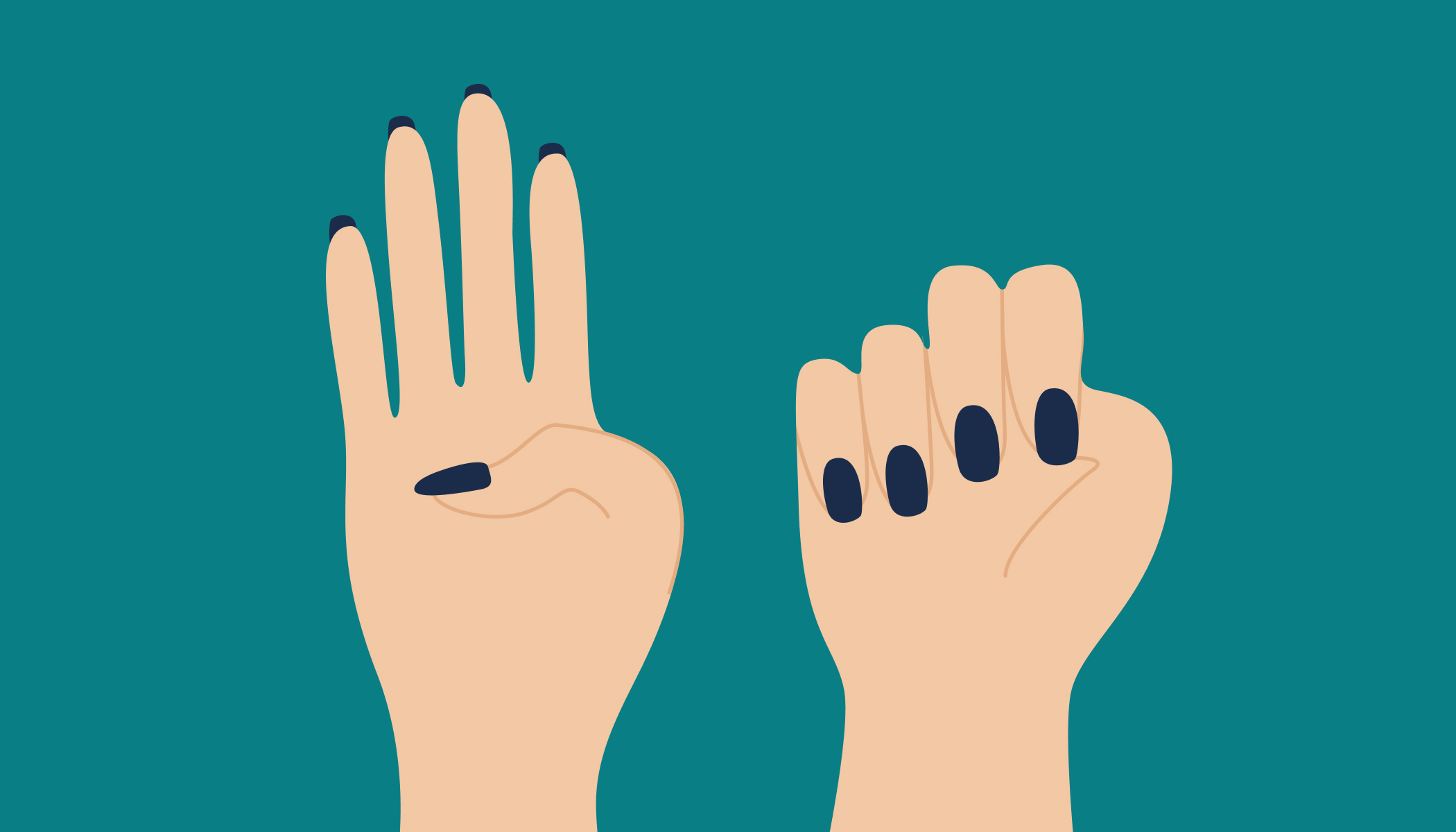Familiar with the discomfort of constipation? You’re not alone – nearly everyone has experienced it at one time or another. It’s estimated that 1 in 7 adults and 1 in 3 children suffer from constipation at any one time, women are twice as likely to have constipation as men, and older adults are 5 times more likely than younger adults to have it.
Your poo and how often you go to the loo can indicate a lot about your overall health and wellbeing. After your digestive system has absorbed all the usable nutrients from food, you poo to get rid of the remaining bodily waste that’s no longer required.
‘It’s important to keep an eye on your bowel habits so that problems with the digestive system can be picked up,’ says Dr Rhianna McClymont, Lead GP at Livi.
What is constipation?
Constipation generally means that you have uncomfortable or infrequent bowel movements. You’re likely to be constipated if you:
- have fewer than 3 bowel movements a week
- pass hard, pellet-like poos
- need to strain on the toilet
Constipation is usually temporary and resolves within a few days or weeks, but for others, it can be long term and continue for several weeks or longer. This is known as chronic constipation.
What causes constipation?
There are many possible causes, and often it might be difficult to identify the exact cause. Here are some of the most common causes of constipation to look out for:
1. Eating a high-fibre diet
Research suggests that high-fibre diets are essential for a healthy bowel. Not only does fibre help to reduce the risk of bowel cancer and heart disease, but it can also prevent and ease constipation.
‘Fibre works by bulking out our stools – it increases their size and makes them softer. Larger, softer stools move more quickly through your digestive system and are easier to pass, helping to keep you regular,’ says Dr McClymont.
You can find plenty of fibre in fruit, vegetables, whole grains, nuts, seeds and oats. If you feel that you might not be eating enough of it, you’ll want to gradually increase your intake, as suddenly eating a lot more fibre can cause digestive problems like bloating, gas or diarrhoea.
2. Not moving enough
Staying physically active helps to keep your gut moving. ‘Regular exercise gets your heart pumping and sends more blood to your intestines. This helps to stimulate a series of wave-like contractions (peristalsis) within the bowel, which helps to move food through the digestive system,’ explains Dr McClymont.
Research backs this too – one study found that aerobic exercise like walking was an effective treatment for patients with constipation.
3. Switching up your routine or holding in your poo
We’ve all been there – a simple change of routine can be enough to throw off your regular poo habits. ‘Sporadic access to a bathroom, a sudden change in diet or increased time spent sitting can all cause you to become constipated,’ says Dr McClymont.
‘Similarly, ignoring the urge to poo can also cause constipation because the longer the stool stays in the bowel, the more water gets reabsorbed, making it harder and more difficult to pass.’ So, when you feel the need to go, go.
4. Emotional factors
You might become constipated when you’re anxious or stressed. This is because your brain and gut are closely linked – just as an unhappy digestive system can send signals to the brain, a troubled brain can send signals to the gut. The impact of stress, anger, anxiety and depression can all affect your bowel movements.
High levels of stress can also affect digestive disorders, including irritable bowel syndrome (IBS). ‘One of the symptoms of IBS is constipation,’ says Dr McClymont. ‘If this is a symptom for you, you might find that it gets worse as you feel more stressed.’
5. Some medicines
Constipation is a common side effect of some medicines, including painkillers containing codeine and opioids. ‘Opioid medications can hinder the movement of the gut, resulting in constipation,’ says Dr McClymont.
Other medications that can cause constipation include iron supplements, non-steroidal anti-inflammatory drugs such as ibuprofen, blood pressure medications, antidepressants and antihistamines.
6. Pregnancy and postpartum
Constipation is very common during pregnancy. One study found that women are 2-3 times more likely to experience constipation during pregnancy and straight after childbirth than when they’re not pregnant.
‘During pregnancy, progesterone levels increase,’ explains Dr McClymont. ‘This hormone causes your muscles to relax, including those within the digestive system. This causes slower-moving stools through the intestines, leading to constipation. Postpartum constipation is also very common in the first few days after delivery, and for some women, it may continue for several months.’
7. Neurological conditions
Constipation is more common in people with conditions that affect the nervous system, such as multiple sclerosis and Parkinson’s disease. ‘When nerves are damaged, it impacts the ability of the intestines to move food along towards the rectum and push stools out,’ explains Dr McClymont.
How can I prevent and ease constipation?
The good news is that in most cases, making some small lifestyle changes can lower your risk of developing it in the first place. Here are Dr McClymont’s suggestions:
- Aim to eat 30g fibre a day by eating more fruit, vegetables and whole grains
- Add some sorbitol, a naturally occurring sugar found in apricots, apples, plums, prunes and raisins, to your diet
- Drink plenty of fluids (about 8-10 cups per day) to prevent dehydration
- Aim to go to the bathroom at the same time each morning, and prioritise enough time to empty your bowel
- Try to do at least 150 minutes of physical activity like walking, running, cycling or swimming each week
- Change your toilet position and try using a small footstool under your feet. This is a simple way to pass bowel movements more easily
- Practice relaxation techniques, such as deep breathing exercises or meditation, if you feel that emotional factors might be triggering your constipation
When should I speak to a doctor about constipation?
‘If your constipation isn’t improving with lifestyle changes or you’ve been constipated for a long time, it’s best to discuss it with a doctor,’ advises Dr McClymont.
‘If you notice any symptoms such as blood in your poo, feeling unusually tired or bloated, a persistent change in your poo habits or losing weight unintentionally, it’s worth making an appointment for a check-up.’
This article has been medically reviewed by Dr Rhianna McClymont, Lead GP at Livi.


